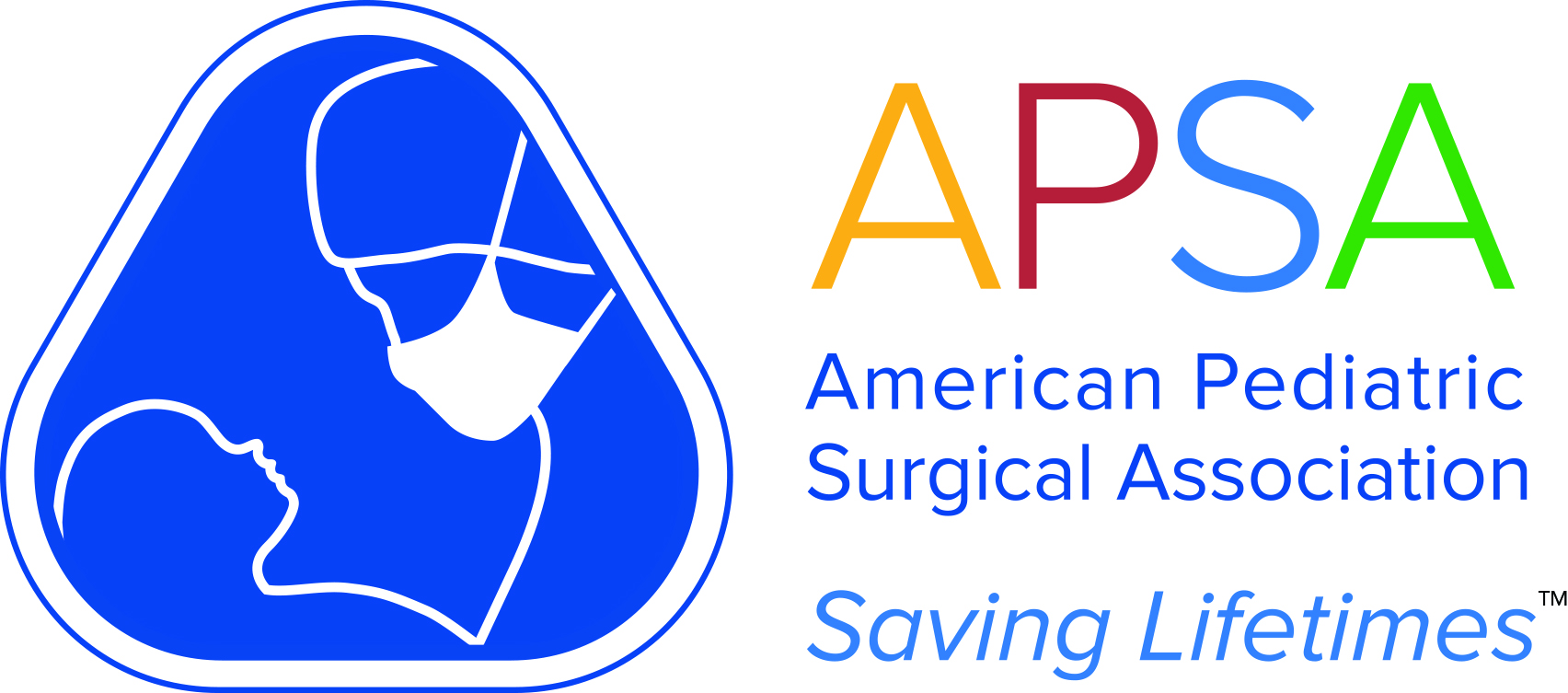REFUSAL OF TREATMENT/CONFLICT RESOLUTION
George is a 2-year-old male that is brought to an emergency room by his mother after he was vomiting for a few hours. She had been told he had fallen from about 3 feet high onto his abdomen at his child care centre.He cried at the time but seemed to resume his normal play afterward.
At the local emergency room, the ER physician has felt a mass on the left side of the abdomen and an ultrasound has revealed an 8 X 9 cm left renal mass.George now has some hematuria and there is a small amount of free fluid in the abdomen.
After much negotiation, the diagnosis of a probable Wilm’s tumor is confirmed by CT scan.The tumor shows recent evidence of intratumoral bleed but no rupture.There is no evidence of tumor in the left renal vein and there is no distal metastasis.
You are called to see this child for a nephrectomy but you learn from the emergency pediatrician that the mother who is accompanying the child is refusing any further treatment.
Both parents are members of a community who believe that ‘God decides the faith of his children’.The community does not believe in modern medicine, especially with something as aggressive as surgery.The mother wants to leave the emergency room, stating that she needs to go home to take care of the other children.She will pray with her community for the tumor to resolve.
You convince the mother to talk to you a little longer.You learn that she has 4 other children, aged 1 to 9.She has also lost 2 pregnancies in the first trimester.They live in a community setting with their extended family.Her husband is a woodworker and she works in a bakery.The children are cared for at the community child care centre during the day.All her children are otherwise healthy, except for a few minor ailments.None of them have been immunized.
The community is led by an elected patriarch who makes all the important decisions for the communityThere is no television or telephones in the community, except for one at the patriarch’s house.Members of the community who do not follow the patriarch’s advice are ostracized by the community.
George’s mother is obviously a loving one.She reassured George who is quite frightened by the emergency room setting.George is obviously very attached to his mother.
Even though you have built a good rapport with George’s mother, she is still adamant that she has to leave.
- What should you do in this situation?Who would you contact to help with the situation?
- Should you allow George to go home?
- What is in George’s best interest? (Explore the impact of your answer on George and his family in this context).
- Should you recourse to Children’s Aid/Protection?
- What are the criteria’s to call Children’s Aid/Protection in your state/province?
- In your state/province have the courts ruled in favor of parent’s refusal of treatment on the basis of religious beliefs?
- How can you resolve conflicts with families when involved in their care?Who can help?
Workshop 1
Topic: Refusal of treatment: conflict resolution
Curricular objectives
- To know the ethical, legal and policy justifications for consent and the elements of consent.
- To understand the substitute decision-making process and recourse with respect to the best interest of the child.
- To know the basic principles of conflict resolution techniques and hospital resources available to help in conflict situations.
Ethical messages:
- The best interest of the child is the primordial criteria for decision-making.
- Familial beliefs need to be respected and explored to help the family reach a consensus decision.
- Time and open communication are of essence in conflict resolution
Pre-workshop readings:
- Hedrick HL, Nelson RM. Handling Ethical conflicts in the clinical setting. Sem Ped Surg 2001;10:192-197
- Jasper J, Clark W, Cabrera-Meza G, et al. Whose child is it anyway? Resolving parent-physician conflict in the NICU setting. Am J Perinatology 2003: 20: 373-380
- Speilman BJ. Conflicts in Medical Ethics cases: seeking patterns of resolutions. Clin Ethics 1993; 4:212-218
Paradigm case:
A 2-year-old is diagnosed with a respectable Wilm’s tumor; parents refuse surgery as they believe that God will cure their child.
Teaching modality:
Case discussion and then role playing in conflict resolution exercises
CanMeds competencies targeted:
Medical expert
Communicator
Collaborator
Professional
